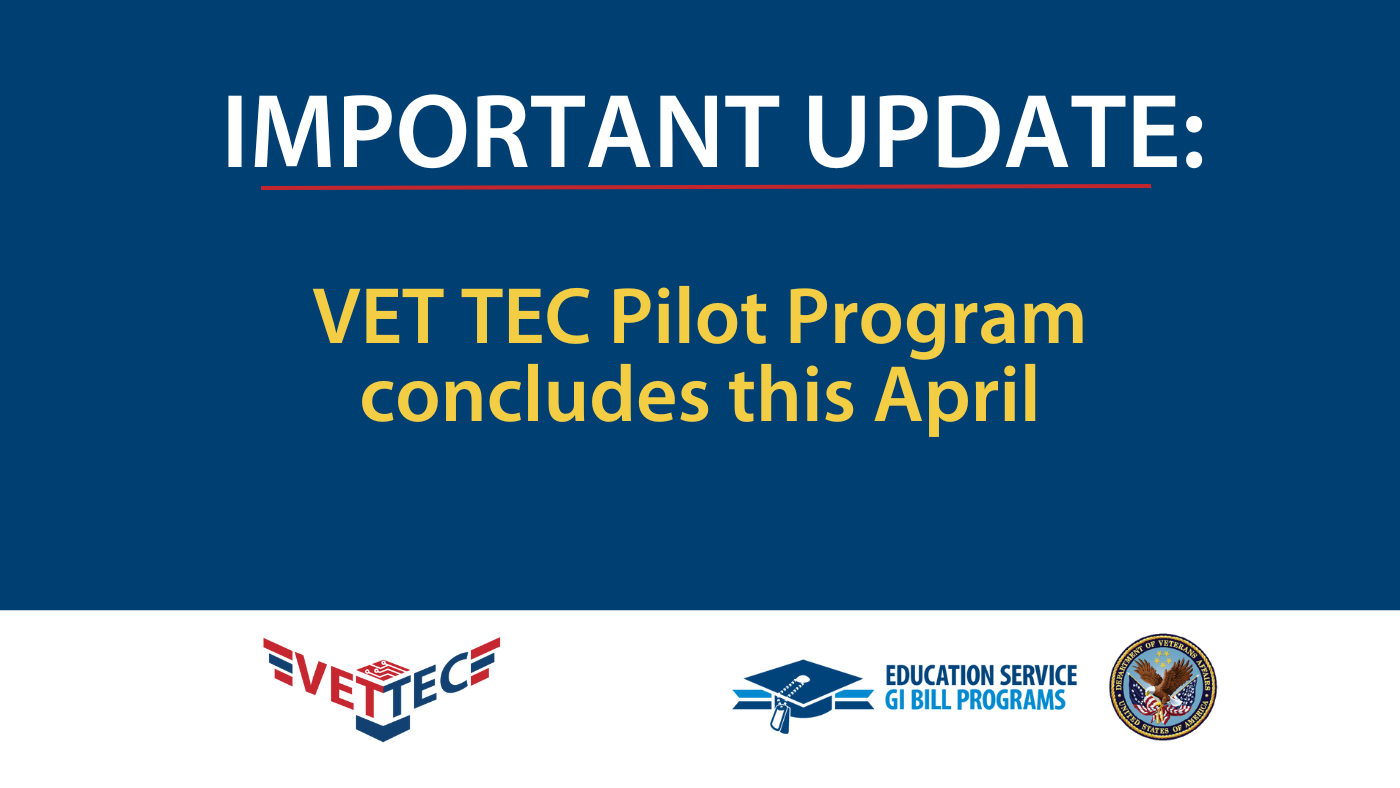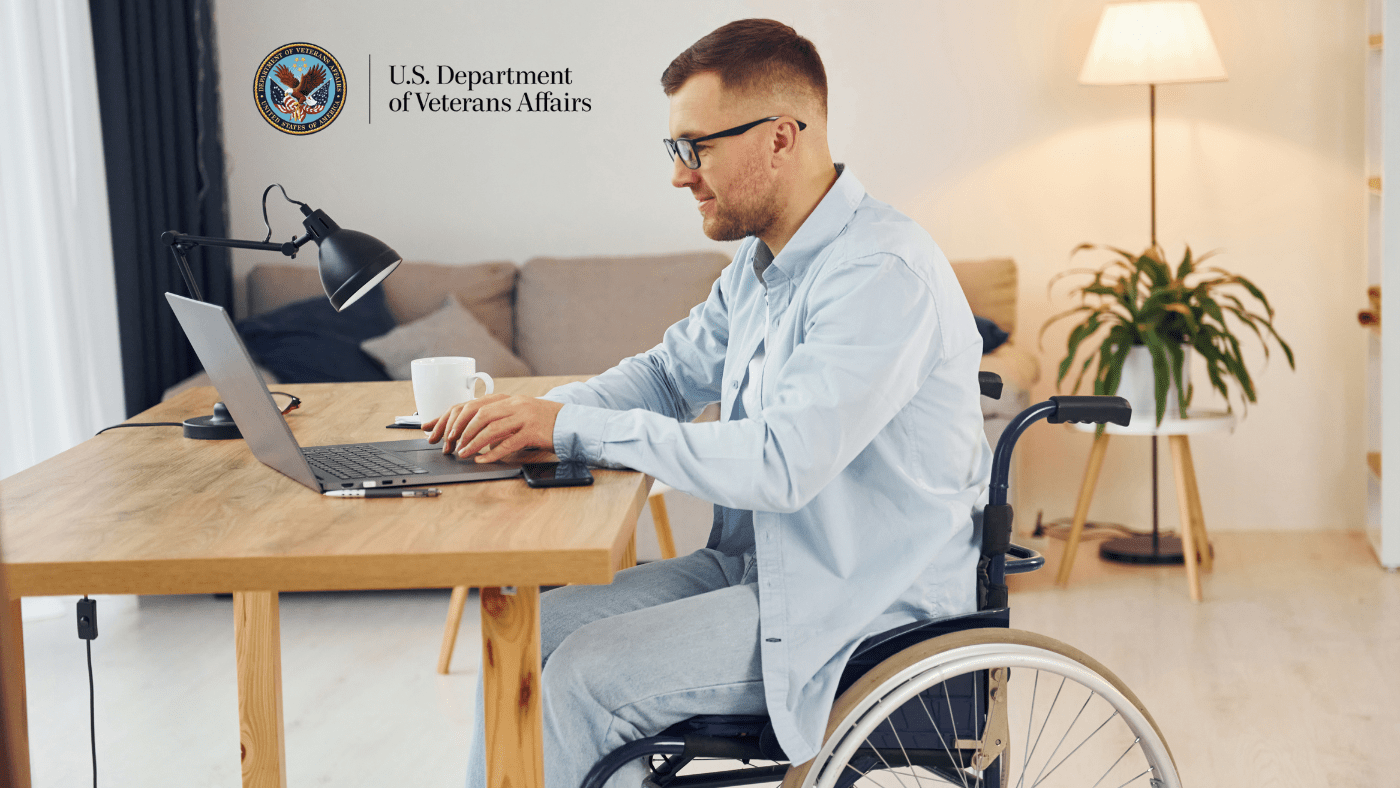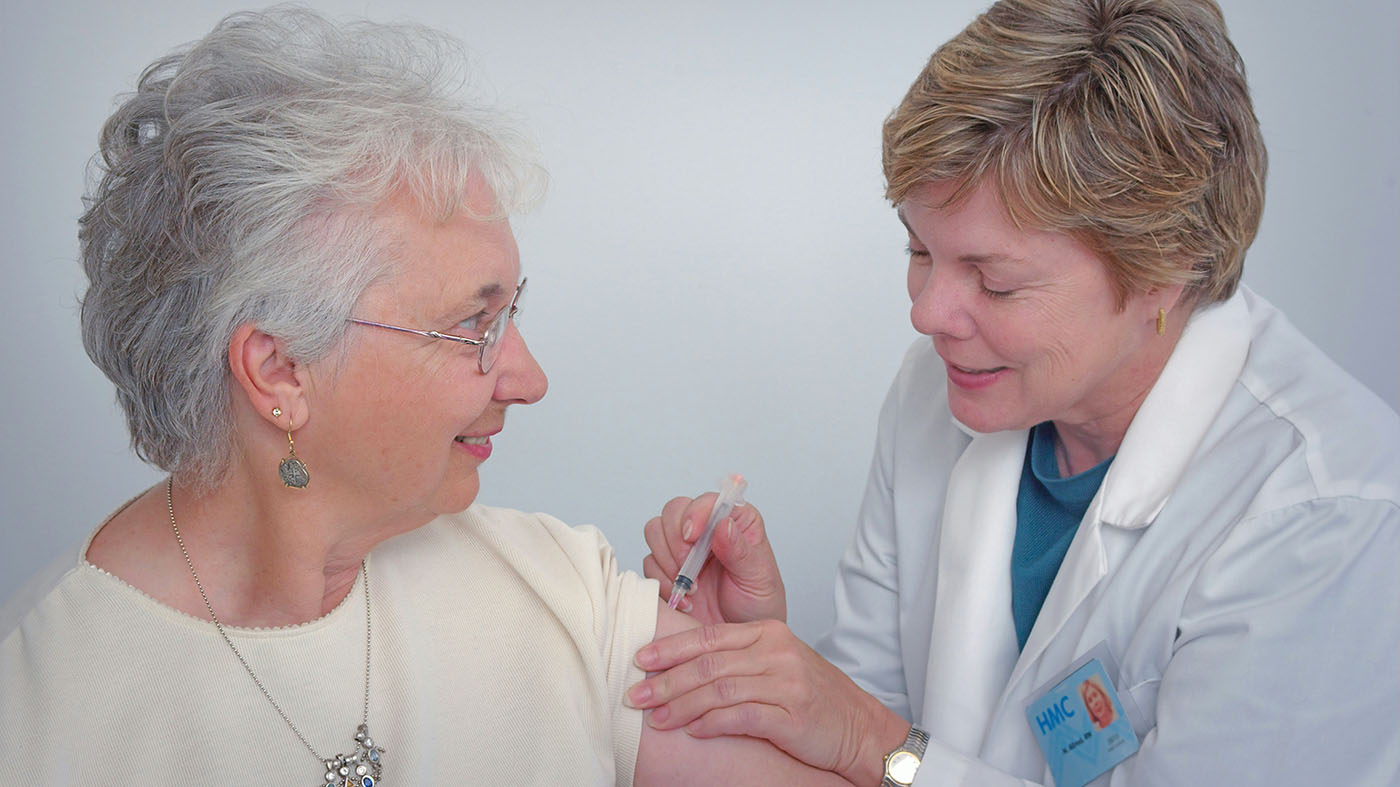
VA officials, along with Senator Bernie Sanders, view a demonstration of telehealth technology at the Connected Health event at the National Press Club on July 30.
Adapt and overcome. When you’re in the military, that mantra is drilled into you from day one of training. In war and peace, the challenges in uniform are no excuse for meeting mission. Troops must innovate and excel.
That’s also the mindset behind a technology revolution inside VA. As ultra-modern health care processes and solutions have been created, we’ve been at the forefront of early adoption, from digitized health records to mobile apps revolutionizing personalized health care. It’s no wonder every VA medical center was recently named to the 2013 list of most wired hospitals and directors of the Veterans Health Administration’s Connected Health program have been nationally recognized and credited with “pushing VA past the private sector in telehealth.”
Historically, constraints to overcome revolve around time, distance, and money. About 36 percent of Veterans live in rural areas, which makes VA appointments difficult, time-consuming, and in some cases, expensive. Others may be too busy or ill to make it to hospitals. Increasingly, the solution for these challenges comes in the form of telemedicine.
Telemedicine is a mode of care that uses technology to provide a high level of care from a remote location. Instead of replacing care, it changes the location of services. In some areas, like rural Alaska, clinics have been established with sophisticated computer systems that can deploy stethoscopes, ultrasound machines and blood pressure cuffs.
When even getting to a clinic can be tough due to long distances or extreme geography, telemedicine stations can be set up in a Veteran’s home. In an NPR segment, the sister of Howard Lincoln, a Korean War Vet, explains how his blood pressure is recorded every morning and sent to his VA health record electronically. The system is a lifeline for Lincoln, who manages his health closely after two strokes.
Telemedicine technology has also been used to boost PTSD counseling for those not able or willing to attend sessions in person. Counseling can be a frequent, lifelong mode of care, and the miles can start to add up for folks who drive to VA hospitals.
Reimbursement for gas and time spent waiting is always a topic of discussion when I sit in VA waiting rooms myself, so telemedicine appointments can greatly impact those who have regular appointments. More than 800,000 miles of travel have been saved since the inception of telemedicine—that’s about 300 coast-to-coast drives.
The use of technology in medicine has also enhanced the way Veterans receive their health information and interact with their doctors. MyhealtheVet helps patients track their health data, lab work, appointments, and prescriptions. Instead of calling and leaving a message for their primary care physicians, patients can email their doctors about any of their health concerns. It’s a tool I use myself, and the ease of its utility has made me more conscious of the things I should discuss with my doctor.
But this is just the beginning of the technological revolution. Today at the National Press Club, I joined Chairman of the Senate Veterans Affairs Committee Bernie Sanders and VA Under Secretary for Health Dr. Robert Petzel to demonstrate how far we’ve come, and where we’re going when it comes to the cutting edge of medical treatment. My fellow Veterans deserve the best and most modern treatment, and we’ll continue to deliver it.
Dr. Tommy Sowers is the Assistant Secretary for Public and Intergovernmental Affairs at the U.S. Department of Veterans Affairs.
Topics in this story
More Stories
Over the five-year program, more than 14,000 VET TEC beneficiaries completed their program and nearly half have reported finding meaningful employment with an average starting annual salary of $65,000.
VA is calling for applicants for the 2024 Specially Adapted Housing Assistive Technology grant.
Updated COVID vaccines are available free of charge to Veterans receiving care at VA .







Very good post. Good news for medicine.
Telemedicine is the right step into the future, with telehealth technology we will see a lot more advancements in communication. Thanks for the detail in the article.
Great article
I’ve added this great blog to my bookmarks
Keep it up !
Hi,
Very nice article, thank you.
Technology going hand in hand to provide good services to the veterans.
One of the most inspiring indications that the VA is doing its best to play catch-up for our returning heroes!
I am so glad the VA is taking such great pains to help our “returning” Heros?? ..They are just sweeping us VietNam era Vets under the carpet, and forgetting all about us..We were not offered the benefits the people are getting these days, and thats very sad..Well..Keep on keeping on…Tanke care of the “Returning Heros”…
I just need an appt..good luck
I’ve been a client of the Atlanta VA for nearly 18 years and with one exception have nothing but praise for their care. The one exception had to do with something of a prescribed overdose of an antidepressant, oddly enough, by the head of the phych Dept. It would render me nearly incapable of doing anything, including walking and even typing. After a fall down the house steps to the basement in which I tore my scalp to the tune of requiring 8 staples, I quit taking the stuff on my own and recovered my facilities fairly soon. On the other hand, though I’ve been HIV + for over 20 years a recent mew medication (Atripla) has restored me to full stability. I guess I’m lucky that my Dr. is from the infectious Disease section of the CDC, which is only a couple of miles from the VA. Highly convenient! I feel extremely lucky to have access to such a reamarkable facility.